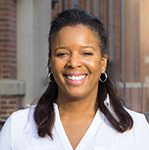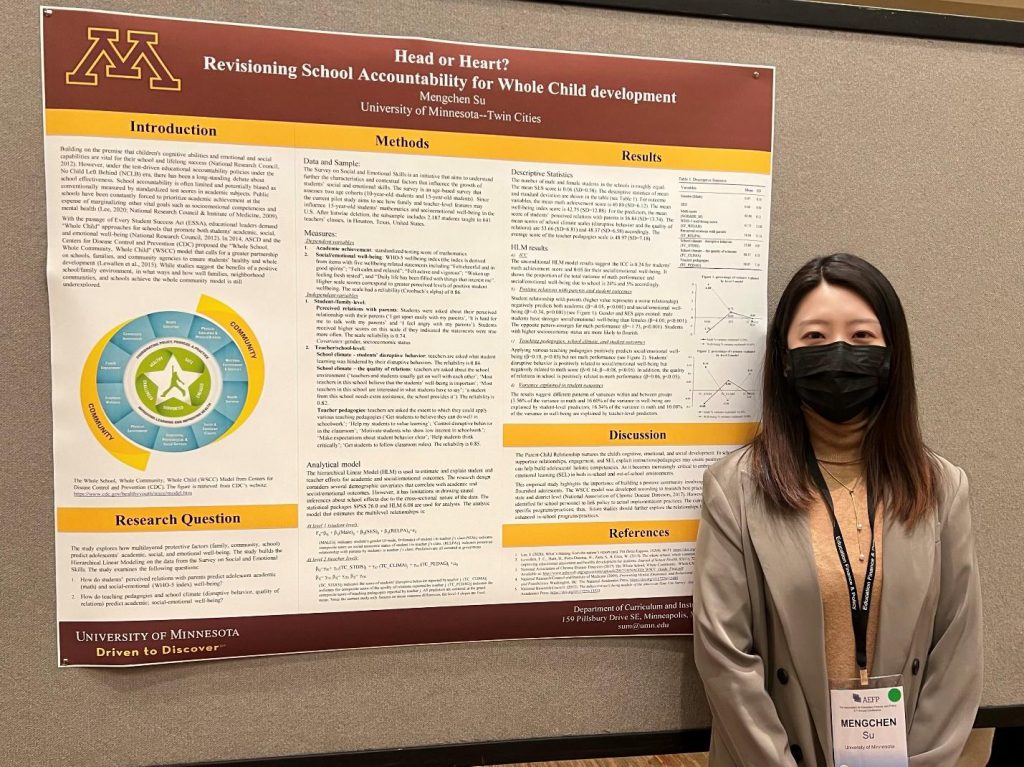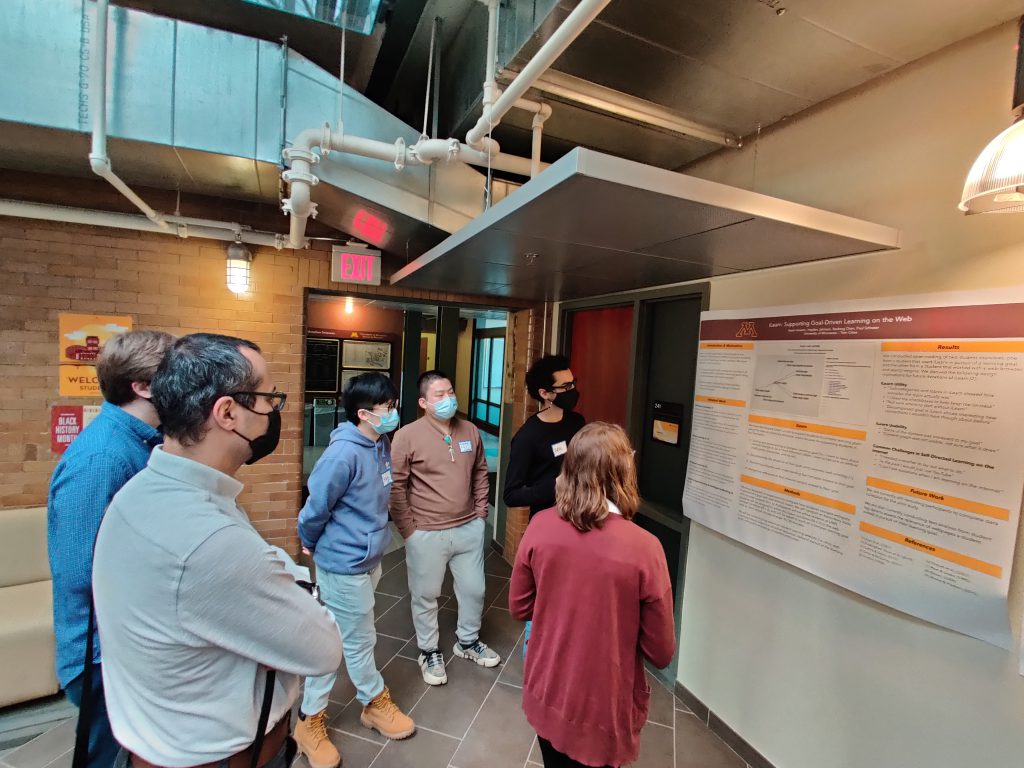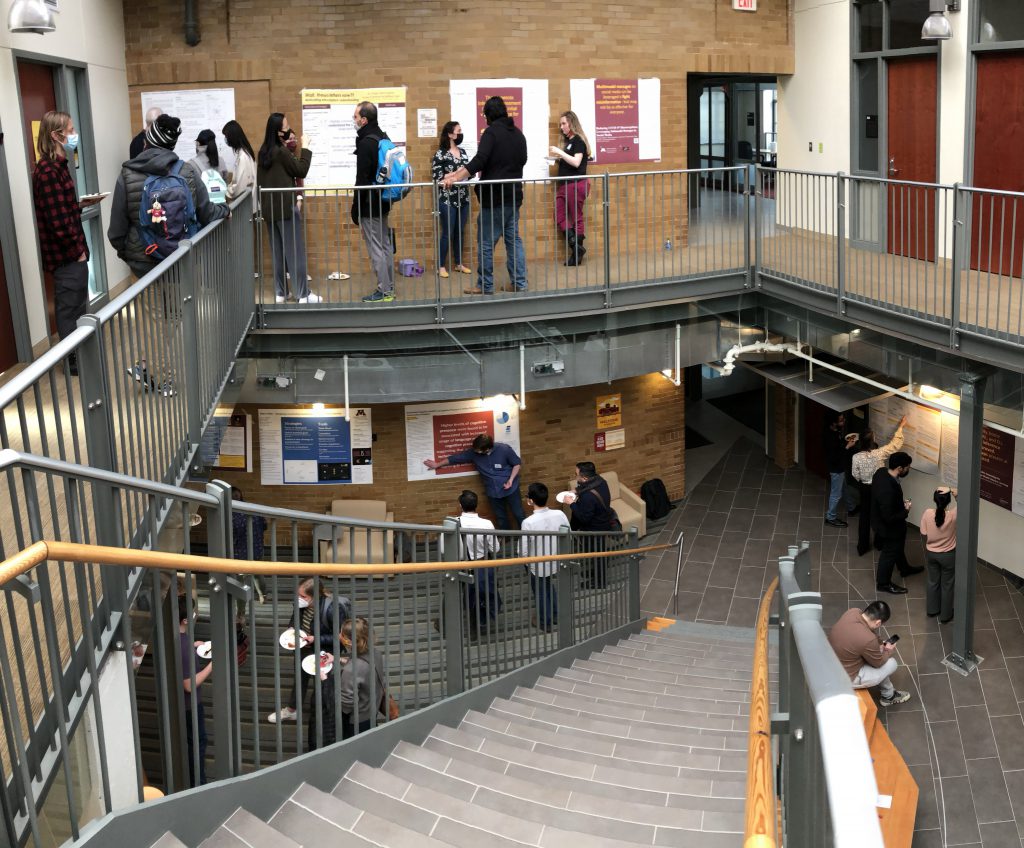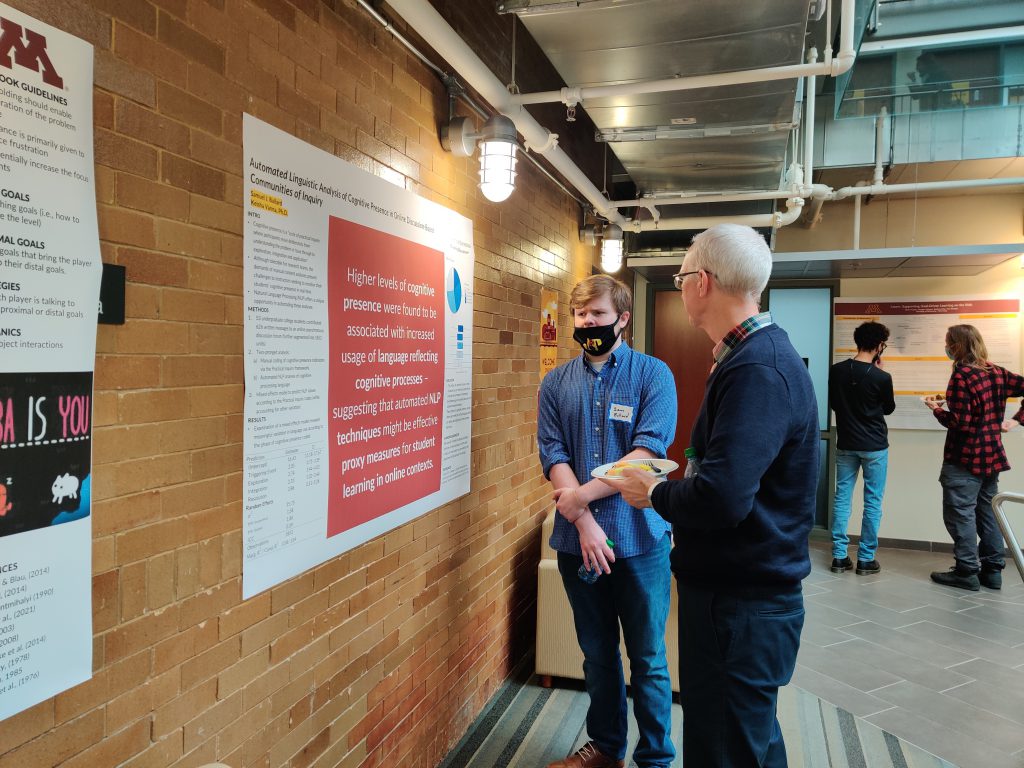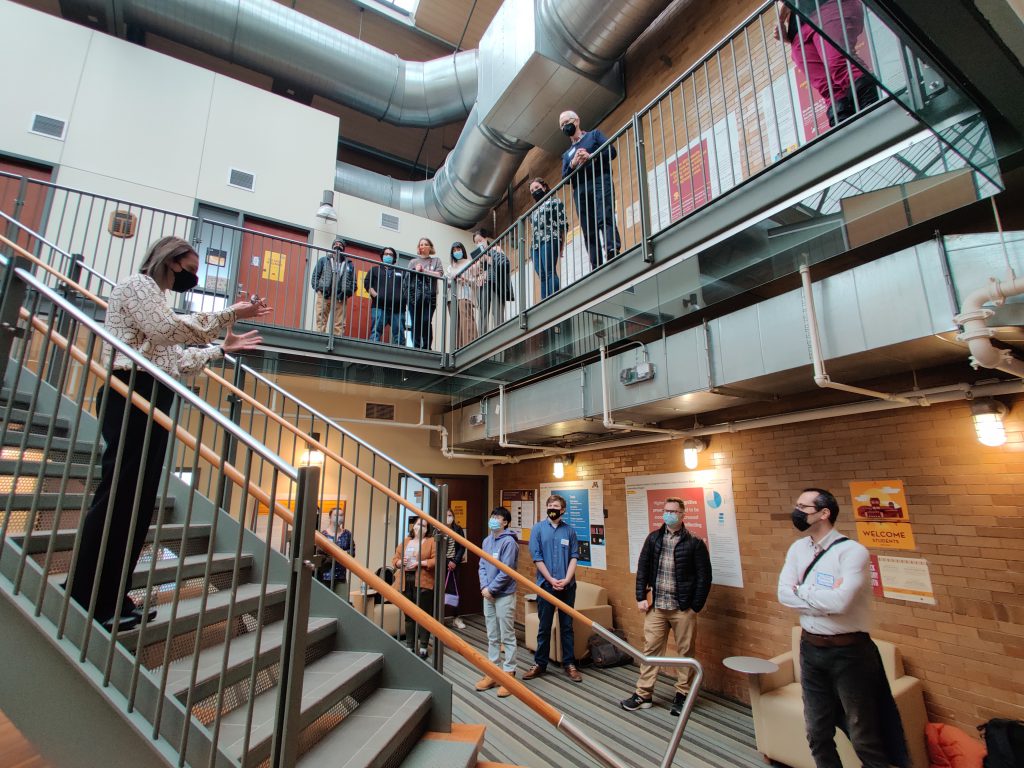We are thrilled to announce the Graduate Research Competition 2025, a unique opportunity to showcase your innovative research ideas in real-world or work-based learning. This competition, hosted by ImBlaze and the UMN CEHD Learning Informatics Lab, offers the chance to win prizes, receive mentorship, and gain recognition while doing important education focused research.
What is the ImBlaze x UMN CEHD Learning Informatics Lab Research Competition?
This tiered competition offers the opportunity to explore a research question and design a study using data collected by ImBlaze. Compete for prize money, mentorship, and the opportunity to make a significant impact using the real-world data!
What is ImBlaze?
ImBlaze is a technology platform that enables schools to manage, collect, and analyze student out-of-school learning experiences. With over 1.7 million hours of student attendance logged, it tracks key metrics such as business professions, hours logged, and student reflections. Dynamic questions allow educators or researchers to customize data collection, providing real-time insights into student experiences and mentor relationships.
Key Dates:
- Proposal Deadline: April 25, 2025
- Semifinalists Announced: June 1, 2025
- Research Period: Summer-Fall 2025
- Winner Announced: December 15, 2025
For more information including competition entry instructions, please click this link here.
Challenge your mind. Impact the world. Join the ImBlaze Graduate Research Competition today!
Eligibility: This competition is open to graduate students affiliated with the University of Minnesota. Students can apply as individuals or in teams. If a team wins, the prize money will be shared amongst the team members. If you are not currently a member of the Learning Informatics Lab, please reach out to Heeryung Choi (heeryung@umn.edu) for more information.




